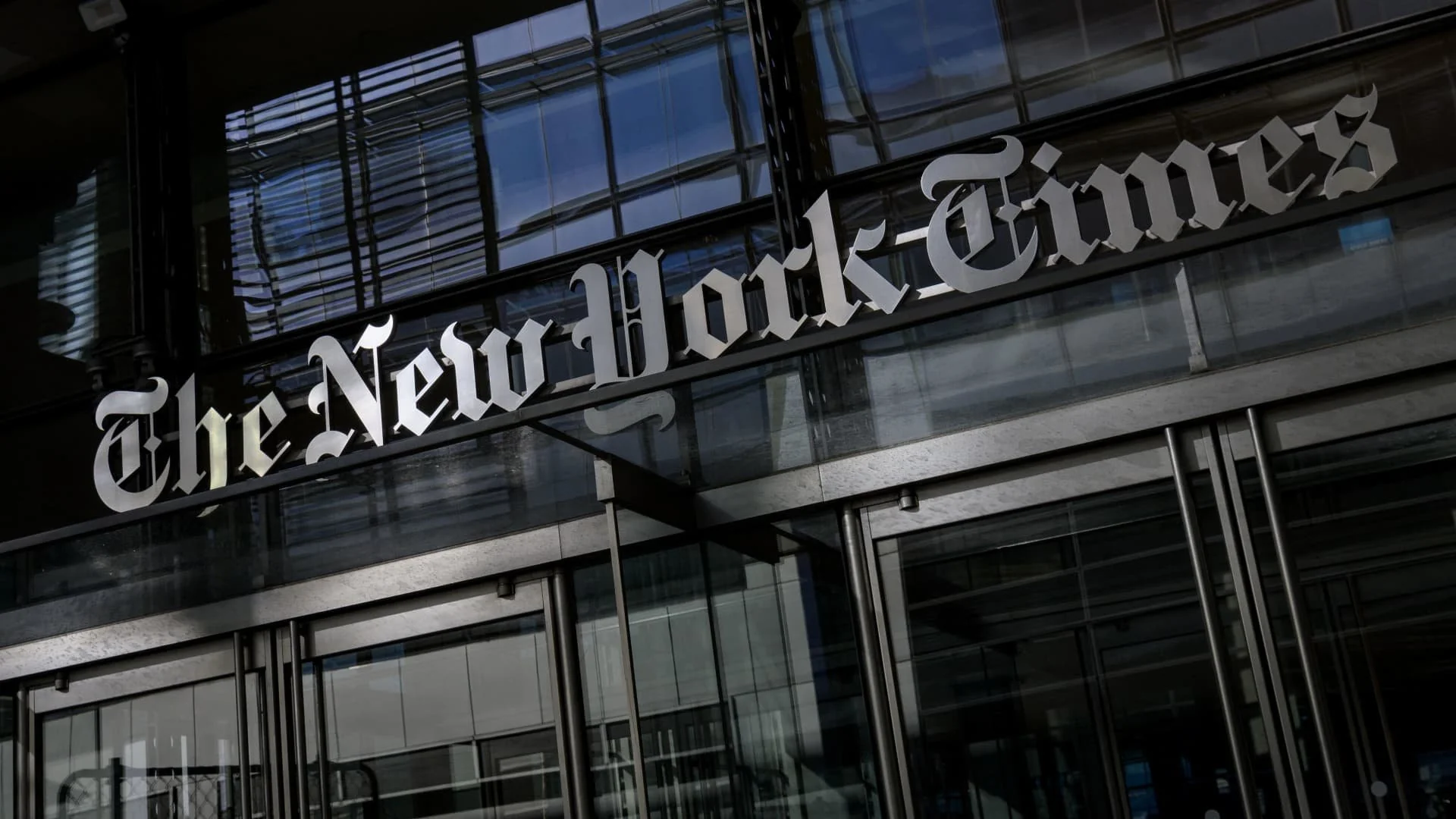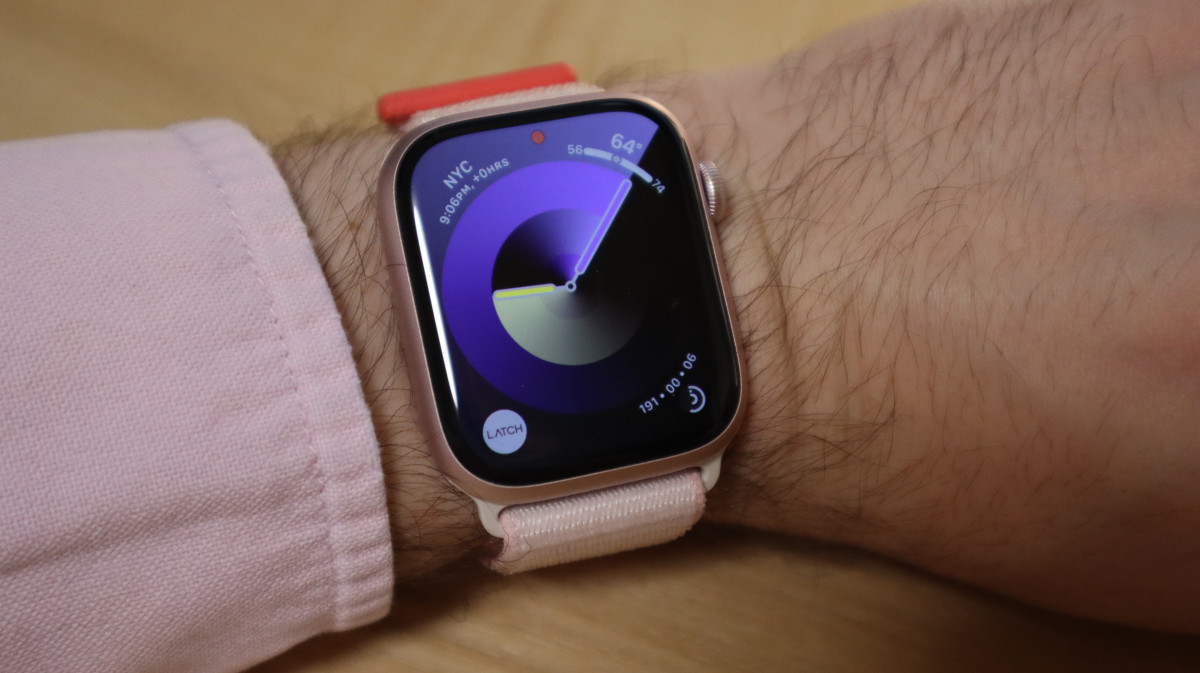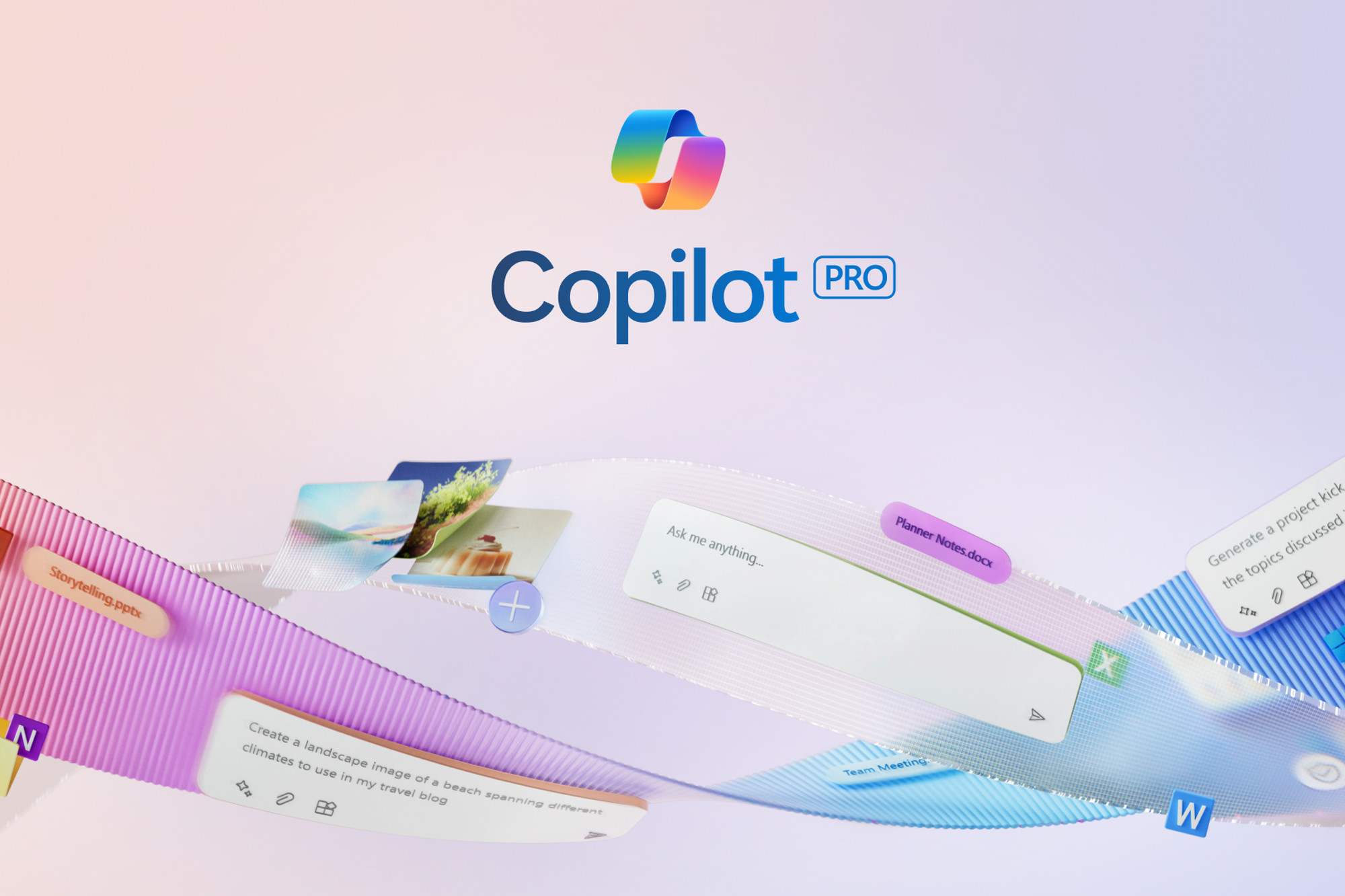So, The New York Times is taking legal action against OpenAI and Microsoft, claiming they’ve copied tons of Times articles to train their AI, including ChatGPT. They say these tech giants now have tools that compete with the Times, and it’s not cool.
Big Fight Over Copyright
The Times isn’t the only one in a tussle like this. Lots of folks, from actors to writers, worry that AI learning from their stuff will create chatbots and such that steal their thunder without paying up.
This lawsuit from the Times is the first big move from news publishers against OpenAI and Microsoft, the big names in AI. Microsoft has a seat on OpenAI’s board and has poured billions into the company.
The Times filed a complaint saying OpenAI and Microsoft used its work without permission, hurting its ability to do its thing for subscribers. They say these companies leaned heavily on Times content to build products that replace the Times, all without asking or paying.

Clash of Statements
OpenAI, in a statement from Lindsey Held, says they respect creators’ rights and want to work together. They mention positive talks with the Times and feel bummed by this lawsuit. Microsoft, on the other hand, stayed silent about the whole deal.
The Times says they raised a fuss months back when they found out their work trained these companies’ big language models. They’ve been trying to make a fair deal since April, but it’s been a no-go.
The Dispute
Microsoft and OpenAI argue that using the Times’ stuff falls under “fair use” since it’s for a “transformative purpose.” But the Times ain’t having it. They say these AI tools, like ChatGPT and Bing’s upgraded search, can do what the Times does. Copying their work without paying up just ain’t fair.
A Battle Against AI
The Times isn’t alone here. Other big shots like have put up walls on their websites to stop OpenAI’s bots from sniffing around for content.
This lawsuit isn’t the first of its kind. Comedian Sarah Silverman and a couple of authors went after Meta and OpenAI in July for using their book stuff without permission. The case got tossed out by a judge later.
Fiction writers also joined the Authors Guild to sue OpenAI, claiming their tech swiped their work.
The Times’ Claims
The Times says OpenAI’s datasets, used to train their big AI models, likely had millions of Times articles. They argue that because of this training, these AI tools can regurgitate Times content almost word-for-word, which messes with the Times’ reputation. They even mention an instance where ChatGPT gave someone the first three paragraphs of a Pulitzer-winning article after they hit the Times’ paywall.
The Times isn’t just looking for justice; they’re after some serious cash, billions in damages. They also want a permanent ban on Microsoft and OpenAI using their work and want any AI models with their stuff destroyed.
The Bigger Picture
The Times isn’t against AI, but they want a fair shake. They see the potential in AI for the public and journalism but think using their work should come with permission and fair payment.
This legal fight could set a big precedent. Right now, there’s no clear law on whether using copyrighted material like this for training AI is okay. But if this goes up the legal ladder, it could set some serious rules for the future of AI and copyrighted content.


